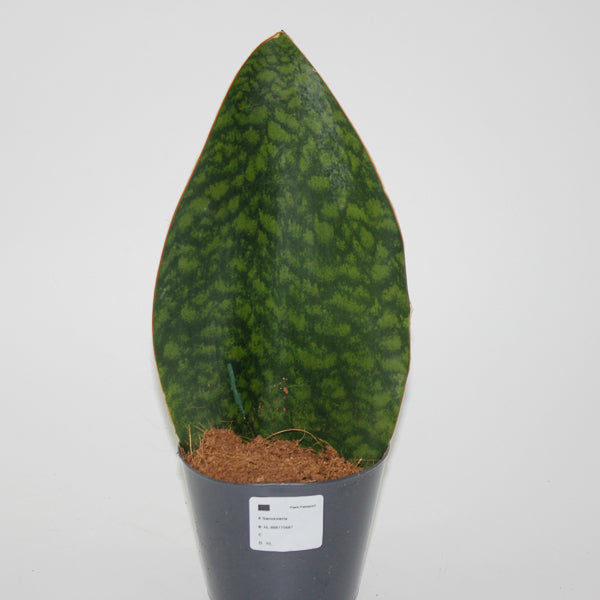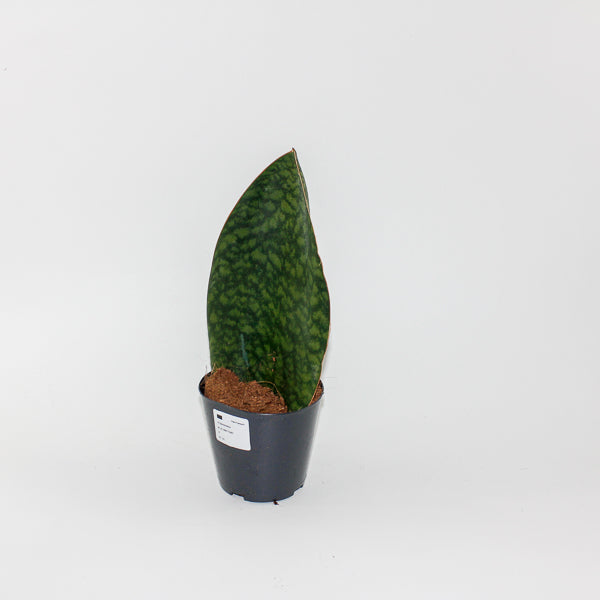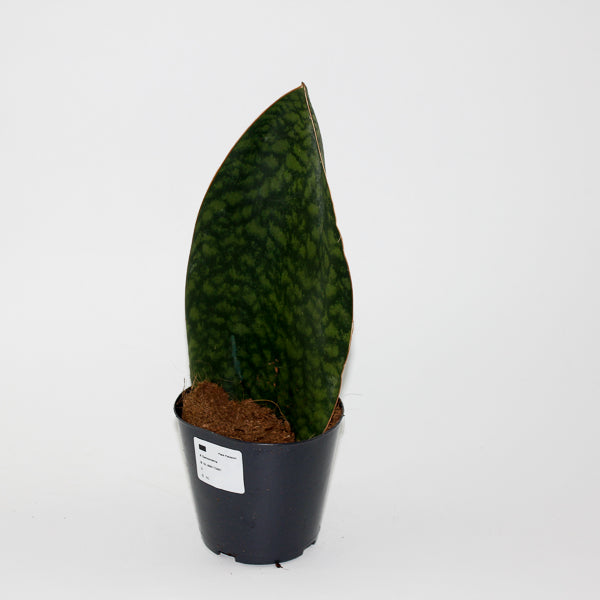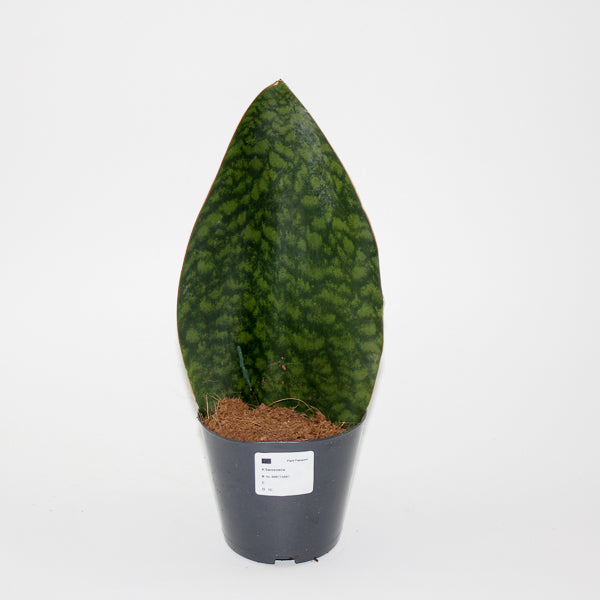1
/
of
4
Emm's Plant House
Sansevieria Masoniana Whale Fin Ø12cm H30cm
Sansevieria Masoniana Whale Fin Ø12cm H30cm
Regular price
£18.00 GBP
Regular price
Sale price
£18.00 GBP
Unit price
/
per
Taxes included.
Couldn't load pickup availability
Sansevieria masoniana 'Whale Fin', also known as the "Whale Fin Snake Plant," is a striking and unique variety of Sansevieria with large, paddle-shaped leaves that resemble the fins of a whale. This slow-growing plant features thick, dark green leaves with light horizontal striping, making it a dramatic statement piece in any room. Known for its low-maintenance care requirements, this hardy succulent is ideal for both novice and experienced plant enthusiasts looking for a plant with bold visual impact.
- Full Botanical Name: Sansevieria masoniana 'Whale Fin'
- Common Names: Whale Fin Snake Plant
- Country and/or Region of Origin: Native to West Africa
- Growing Conditions in Native Habitat: Grows in dry, rocky soils in semi-desert and tropical regions, with minimal rainfall and indirect sunlight
Care Guide
Care Guide
Share








